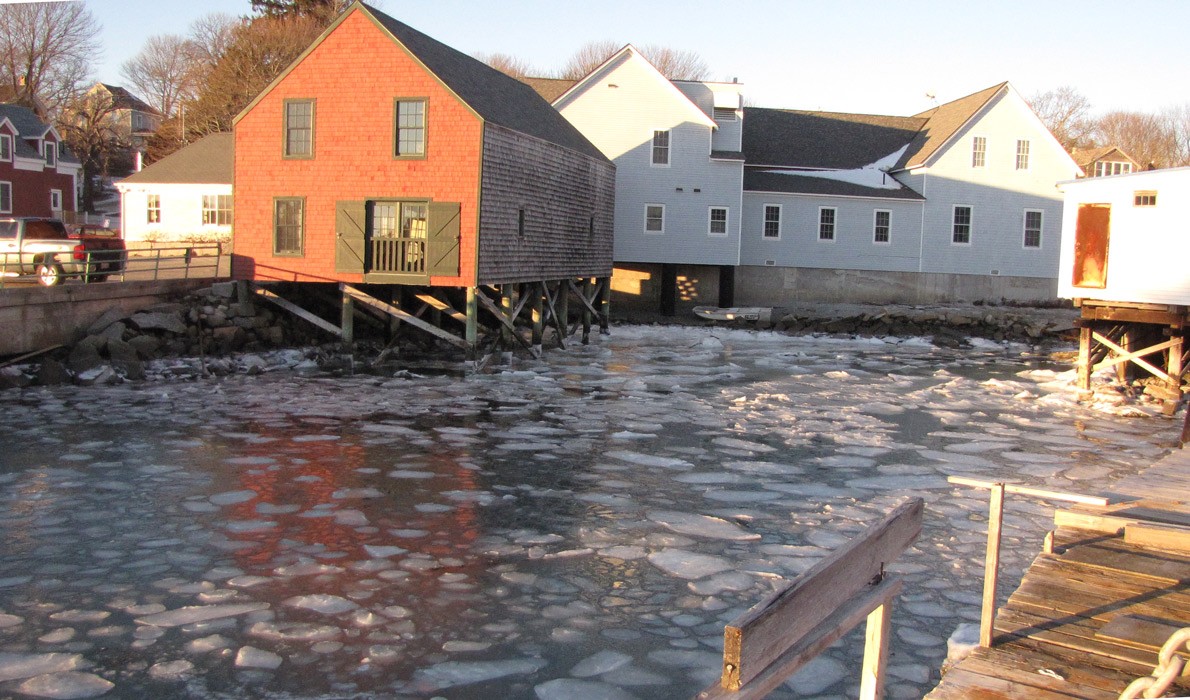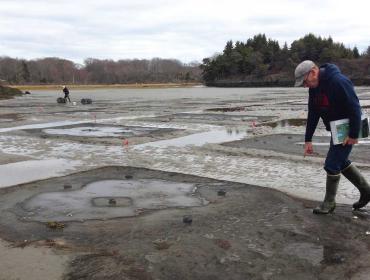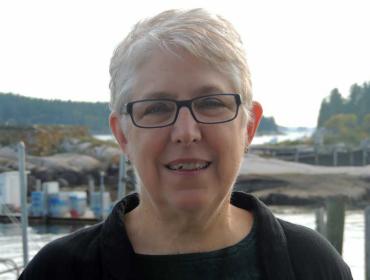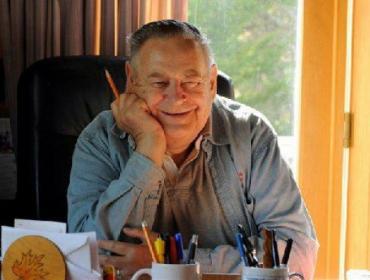Posted January 29, 2018
Last modified January 29, 2018
Reflections is a monthly column written by Island Fellows, recent college grads who do community service work on Maine islands and in remote coastal communities through the Island Institute, publisher of The Working Waterfront.

Maria Keeler
At times, I need to remind myself that I am living on North Haven, and not northern Minnesota. Their biomes are nearly identical, though situated 1,400 miles across the latitude from one another.
For my life’s entirety, Minnesota has been my stomping grounds. Growing up, my ocean was “the Lake” (Lake Superior), and I fished for walleye. It is fortunate I did not seek this island to start a fishing career, because the only fish I’ve caught in my life could fit comfortably in my palm.
I came to North Haven because I am drawn to places with conifers, vivid stars, and close-knit communities. After most recently living in Finland, Minnesota (pop. 195) moving to North Haven, with a year-round population of 355, was like entering a bustling city.
Here on North Haven, home is tucked into a tamarack and spruce forest, nestled into a region riddled with mosses and abundant wetland vegetation. Nights, now longer than days, display stunning stars that escape shadows of city lights.
My unexpected experiences on North Haven far outweigh the expected.
It is nearly impossible to describe what I expected of this island 12 miles off the coast of Maine. During my first ferry ride to North Haven, I wrote in my journal, “Ten minutes ‘till ten toes touch terrain. Hardly space to be more thrilled or unknown. The sea breathes with a whisper. I spy conifers.” My thoughts were racing to the point of incoherency.
As I adapted to a new home, it took time to stop calling the ocean “the Lake,” and more time still to acknowledge the existence of tides. That day arrived in late November, as I waded through the ocean back to North Haven from Burnt Island, whose land is bridged only at low tide.
Not long after moving to the island, I heard a knock at my door. It is atypical to have visitors—beyond deer—travel down my steep driveway. There stood a neighbor, holding a bucket of lobster. He asked if I enjoyed lobster and, after a considerable pause, I stammered “I sure do!”
To be honest, it was the first lobster I have ever tasted. The Midwest is not known for its seafood.
I’m amazed that such finite space hosts infinite nooks to explore. During an afterschool program, students and I searched for animal signs in the snow. Through the brush I heard echoes of “Eureka!”, the phrase I insisted we shout when anything of interest is found. I wove between spruce and birch branches to find a student proudly gesturing towards tracks and scat. As you might have guessed, evidence of white-tailed deer, Odocoileus virginianus.
“Eureka!” More deer.
Lost in the exhilaration only deer scat in the woods can provide, we found ourselves a bit turned around. The sun appeared to be setting all around us. My pulse quickened. This island is larger than I thought. Thankfully, our destination was right around the corner.
Beyond the landscape, I did not expect the limitless connections and learning opportunities this island provides. After one conversation with a man at the grocery store, I found myself donning a beekeeping suit to join him in overwintering hives. I never know who I will bump into, but more often now I find it’s someone I recognize.
I am surprised to find myself now adjusted to the pace of island life, a slow pulse deceptively overlaying a constant humdrum of activity. Newness and unfamiliarity can be frightening, and finding ways to weave into community fabric intimidating. I certainly didn’t expect to feel so connected to a place after such little time. Though I do not have generations of family living on the island and so will never be seen as a true islander, I am grateful for the openness of this community to welcome newcomers.
The more time spent on North Haven, the more attached I become to this intricate, unreplaceable, surprising ecosystem.
Maria Keeler works with the teachers at the North Haven Community School to create an agricultural curriculum and is supporting community health and wellness initiatives. She is a graduate of the University of Minnesota Morris with degrees in biology and psychology.




